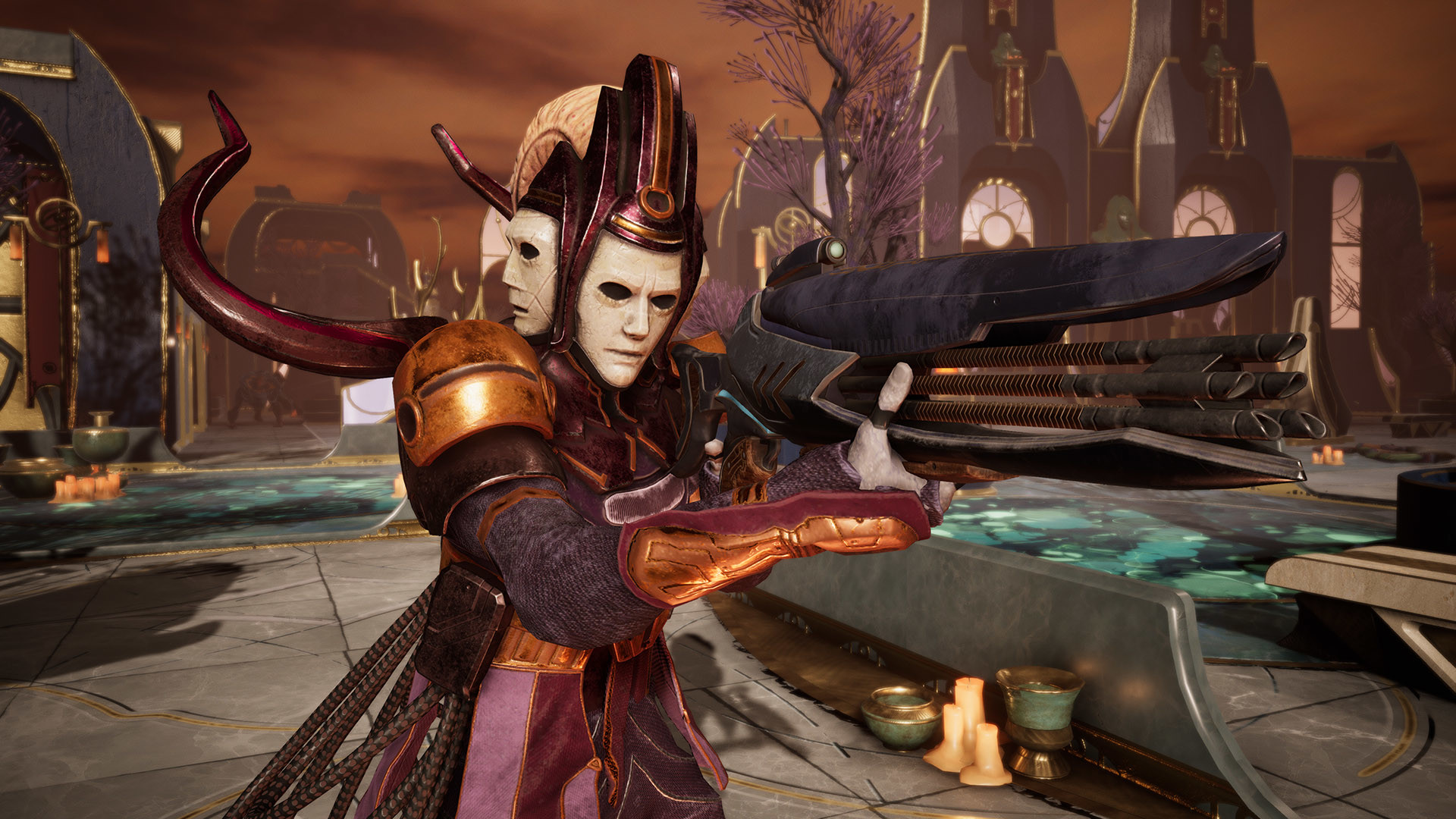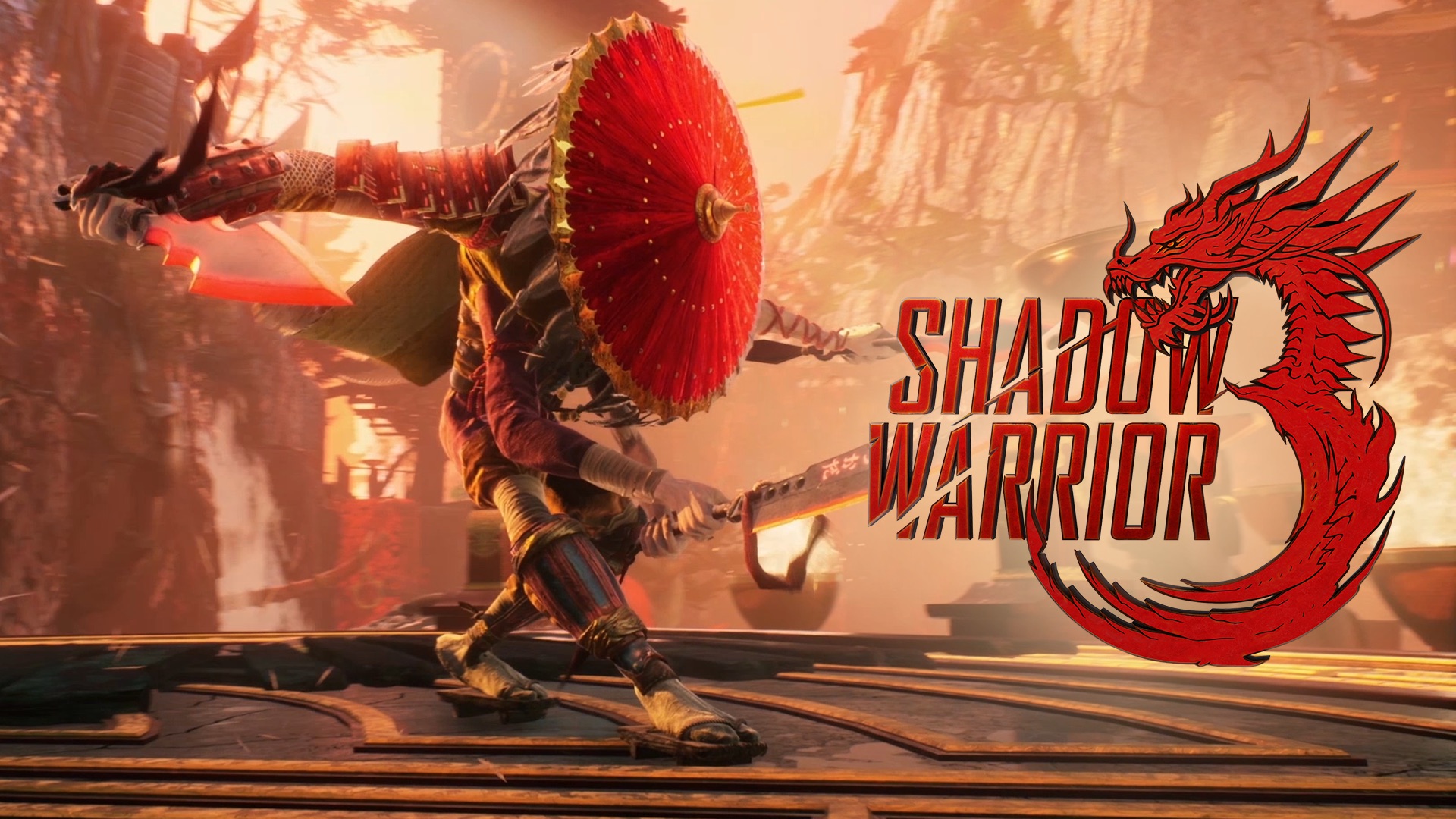
Phoenix Point and the Depths of Your Madness
Years ago, an organic mist covered the earth, a byproduct of a virus that had been released into the contemporary sea by the global thawing of time-locked oceans. As the ice caps retreated, the strange mist advanced, casting an oneiric curse on fragile human psyches all over the world. Rising sea tides were met with waves of sleepwalkers entering the ocean, never to be seen again. Cities emptied, sea life mutated, and the mists retreated as if resting after a hearty meal. Now, the mist is returning, obscuring twisted and ghoulish creatures that feed on the nightmares of those who still call the Earth home. Phoenix Point, an international initiative first put together during the Cold War, is our world’s only hope, and you’re in charge of fighting this impossible enemy.
A valley full of human hearts stretches before you and your team, all connected together with meaty sinew and gruesome arteries. As you watch in fascinated terror, the thready pulse of the beating hearts feels like they match your own horrified heart rate. A thousand organs pulse together as steadily as the ocean waves, tugging at the edges of your consciousness like crabs picking meat off the corpse of a mutated whale.
“Burn it,” you order, suppressing the shiver that claws its way up your spine.

Cosmic horror is tough to get right. In video games, where your primary interaction with the world usually involves a gun and a giant glowing eye to shoot, it can be hard to create a threat that feels ethereal, overpowering, and utterly unknown. Mass Effect attempted to mix space operas and cosmic horror, and it was honestly a valiant effort, even if the Cthulu-esque design of the Reapers was a bit on the nose. I can honestly say I never felt truly terrified of the Reapers in Mass Effect, though. Awed at their impressive destructive ability, maybe, but I never felt a cold shiver of lonely fear upon seeing one, especially after taking one down almost single-handedly.
Phoenix Point, on the other hand, gave me that cosmic horror I so rarely get to experience. At times in this XCOM-like turn-based strategy, the difficulty curve can feel more like a difficulty plateau, and maybe the battles drag on a bit long sometimes, but it delivers on tickling at the edges of imagination. Sometimes the fear hits you like the sudden realization that the dark splotch in your tub is a pretty big spider; your troops are handling things fairly well when you turn a corner and an enormous monster appears, screaming and pouring pepper spray all over the battlefield. Sure, your soldiers weren’t caught completely unprepared (like you and your new bathtime spider), but this monster is made of the amalgamated corpses of sleepwalking ex-humans and the benthic armor of crustaceans. I remember multiple times calling my husband over to look at some new monster straight from “The Thing”.

While you fight these horrific creations, there’s an underlying question that works its way into every battle: what hidden consciousness is directing these abominations? What vast intelligence is mixing genes and limbs like tinker toys? Who creeps into your soldier’s minds and assaults your scientist’s nightmares? These monsters do not wander mindlessly or pursue a natural hunting instinct, they are being driven to attack and destroy the last human settlements on earth. They stalk under the cover of creeping sentient mist, growing, changing, and consuming at the whispered command of something unknowable, distant, and impossibly aware.
As the game progresses, you have to keep one eye on the population of the planet even while you work on finding what exactly is going on with the Pandoravirus. Human settlements are quickly submerged in mist, killing or transforming sources of food, settling like slime on every surface, and even dragging the nightmare-ridden bodies of human inhabitants into the night, never to be seen again. The mist comes from the ocean all at once, so every inch of land that borders the ocean becomes a dangerous, plagued land of mutated fauna and flora.
Despite the fact that you are a well-equipped sci-fi organization with powerful weapons and armor, there’s a sense of vulnerability to the fact that you can’t really fight this enemy. You’re surviving, sending out expeditions to learn more about the virus, making friends or enemies with Earth’s remaining humans, but you can’t be everywhere. You can’t protect everyone, and every single human that disappears into the night will be a deadly enemy. How do you fight a nightmare? How do you fight the sea?
The human factions have their own answers, of course. Jericho thinks that the virus can be eradicated through strong walls, human will, and having the biggest guns possible. Synderion thinks it takes adaptability, ingenuity, and the brilliance of the human mind. The Disciples of Anu… who knows what the mysterious virus-worshiping cult seems to think.
All of them are still terrified, vulnerable, quivering human souls trapped in a world that suddenly seems alien and forbidden. The virus changed everything, and now, a simple walk through the woods could mean coming across the discordant symphony of a thousand beating hearts thumping like an organic Turing machine. Very few pieces of media can truly capture that sense of nightmarish obscenity and unknown, whispering terror, and Phoenix Point truly understood the source material.

The vision of the developers comes through loud and clear, like an alarm clock stirring you out of a sleepless night. Difficulty curves and overwhelming information feels worth it when you discover some new horrific mutation or find the origin point of a virus strain that’s corrupting your soldiers. Every inch of ground you can claw back from the mist might be alien, but the true horror comes from wondering about your fragile consciousness, the thin, pale flame of your mind whipping in the torrential storm of a slumbering god’s heavy breath. An unknowable, terrible viral thing beyond your comprehension sees you as nothing but the last throes of a failing immune system. Time will kill you as easily as the corpse of the alien world that you inhabit. Every force in the universe doesn’t want to see you fail, it simply sees your failure as inevitable. You can fight and fight, but there will always be another monster, another tendril of mist, and another nightmare when you go back to sleep. Your sanity is your last, pitiful defense.
Phoenix Point provides a thin, quaking hope that humanity will rise again in the face of overwhelming odds, and maybe madness is counting on that hope while the world swirls in torment around you. After closing the game, I still think about the things my soldiers saw, the ways they crumbled, the crawling of my skin at knowing how easily my own biology could be appropriated by disease. The horror of recognizing human faces in the monsters that lurch from the waves only serves to show you the stakes. Your mind is a puff of smoke, and your body is a potential tool for the enemy. Maybe the terrors of dealing with our own modern plague has me thinking about this more than I would have a few years ago, but I find the execution in Phoenix Point to be particularly chilling. If the goal was to get me thinking about ancient consciousness and hidden horror, Snapshot Games did an awfully good job.
Check out our review of Pheonix Point on DreadXP, and keep an eye on the site for more horror game content.



